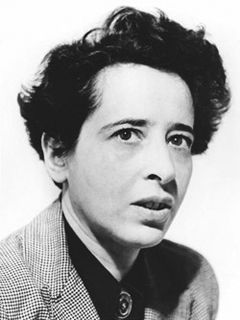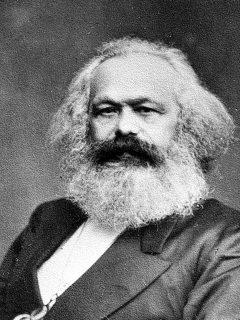
Publication details
Publisher: Palgrave Macmillan
Place: Basingstoke
Year: 2014
Pages: 51-66
ISBN (Hardback): 9781349469383
Full citation:
, "The republican and the communist", in: (Mis)readings of Marx in continental philosophy, Basingstoke, Palgrave Macmillan, 2014


The republican and the communist
Arendt reading Marx (reading Arendt)
pp. 51-66
in: Jernej Habjan, Jessica Whyte (eds), (Mis)readings of Marx in continental philosophy, Basingstoke, Palgrave Macmillan, 2014Abstract
Most — perhaps all — of the great minds of the twentieth century had an ambiguous relationship with the work and legacy of Karl Marx. But few — if any — were more ambiguous than that of Hannah Arendt. On the one hand, Arendt sought to retrieve politics, or the grandeur of public life, in the wake of Marxism, which — she thought — had reduced politics to "the social question". That is to say, for Arendt freedom relies on the construction of a 'space of appearances' — a stage on which various actors might emerge and engage in discussion and debate. Marx and his followers treated this space or stage as an empty ideological expression of something more fundamental — labour, material interests, class struggle, modes of production. They thus mistook the realm of freedom for that of necessity and, once in power, cancelled the first in the name of administering the second. On the other hand, the same Arendt often expressed great respect for the political achievements of the working class and counted committed Marxists (Rosa Luxemburg, Walter Benjamin) among her most significant influences. Indeed, when she risked imagining what form political life might take in the future, she almost always pointed to the example of the revolutionary council, or the organisational structure that seems to emerge almost spontaneously whenever working people engage directly in public life.
Cited authors
Publication details
Publisher: Palgrave Macmillan
Place: Basingstoke
Year: 2014
Pages: 51-66
ISBN (Hardback): 9781349469383
Full citation:
, "The republican and the communist", in: (Mis)readings of Marx in continental philosophy, Basingstoke, Palgrave Macmillan, 2014



